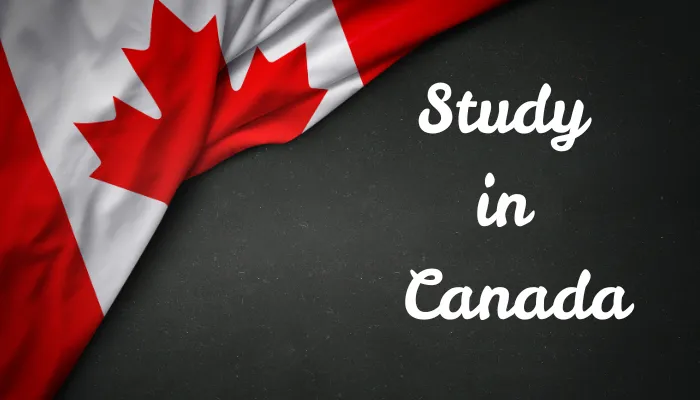Canada has emerged as one of the best destinations to study in Canada. A world-class education system, rich and diverse culture, and the possibilities of work make studying in Canada a great experience for students from around the world. In this blog, we are going to explore why study in Canada is an excellent decision and break down the financial aid options, visa requirements, and eligibility for aspiring students.
Why Study in Canada?
Canada is known to offer quality education and is the favorite destination for students around the world. The country’s academic institutions are well known for their research programs, state-of-the-art facilities, and experienced faculty. Whether it is an undergraduate or postgraduate degree, Canadian universities offer a wide range of academic programs suited to various career paths.
1. Quality Education
Canadian universities always have rankings among the top educational institutions in the world. The degrees from these institutes are accepted worldwide and so have produced many great minds across the globe.
2. Cultural Diversity
Canada boasts of its self-culture as a multinational country, which makes it an attractive destination for overseas students. The environment helps to create a sense of freedom amongst students, which enables them to work well with the varied cultural backgrounds.
3. Work Opportunities
Canada offers ample opportunities to work for international students while on and off-campus. The students can acquire meaningful work experience while studying either through part-time jobs on campus during the semester and full-time work during holidays.
5. Education Loan
For international students, Canada has a range of options to fund education. Among them, the most prominent is education loans. Several institutions and banks provide financial aid to students to help them manage their tuition fees and living expenses.
Types of Financial Aid for International Students in Canada
Canada offers various funding opportunities for international students, thus making the country relatively cheap to study in. They include loans, scholarships, bursaries, and other alternative funding.
1. Education Loan
One of the common ways students fund their studies in Canada is through education loans. Most banks and other financial institutions in Canada and in other countries offer student loans with favorable repayment terms. It is therefore important to explore all the options that are available and choose one that best suits your situation.
2. Scholarships
The Canadian government provides several scholarship programs to international students: merit-based and need-based. Scholarships may cover tuition fees or living costs or both. There are some scholarships specific to universities and others sponsored by the Canadian government or private institutions.
3. Bursary
Bursaries are financial grants awarded to students based on need rather than academic achievement. These grants don’t need to be repaid, making them a helpful option for students facing financial difficulties.
4. Alternative Options
International students can look into other sources of funding besides loans and scholarships, such as crowdfunding, sponsorships, and work-study programs. The work-study program lets students work part-time on campus while studying to offset their living costs.
Student Visa Requirements for Study in Canada
After getting into a Canadian institution, the next step is to apply for a study permit (student visa). Here’s what you’ll need to apply for a Canada student visa:
1. Acceptance Letter from a Designated Learning Institution
You have to be accepted by a Designated Learning Institution (DLI) in Canada to apply for a study permit. This letter of acceptance is one of the main requirements for your visa application.
2. Proof of sufficient funds
You will be required to prove that you have enough financial resources to cater for your tuition fees, living, and travel costs. These include bank statements, letters from the scholarship, and proof of other forms of financial assistance.
3. Identity Proof and Immigration Medical Exam
Anyone in need of applying for visas ought to produce a valid identifying documentation such as a passport among other things. Additionally, depending on the home country, one might be subject to immigration medical examination as well.
4. English Proficiency
International students must prove their proficiency in English or French through recognized tests like IELTS, TOEFL, or others, depending on the institution’s requirements.
5. Statement of Purpose
A well-crafted Statement of Purpose (SOP) is crucial when applying for a study permit. This document should outline your academic goals, career aspirations, and reasons for choosing Canada as your study destination.
Final Thoughts
The opportunity to experience a world-class education while immersing one in a diverse and dynamic culture is what studying in Canada provides. The options for financial aid available, coupled with the clearly stated requirements for a student visa, make the process of studying in Canada more accessible to international students.
If you would like to have individual coaching support in your application procedure with advice on financial assistance, visa requirements, as well as university selection. Look no further than Study in Canada by MBA Study Abroad. Here is where we will ensure guidance at every step through studying in Canada.





